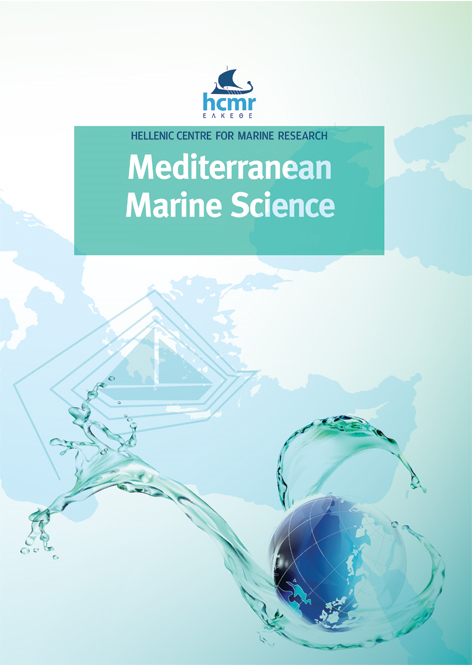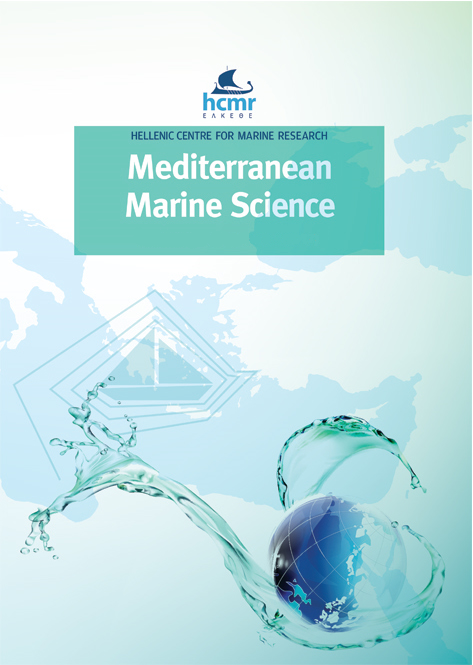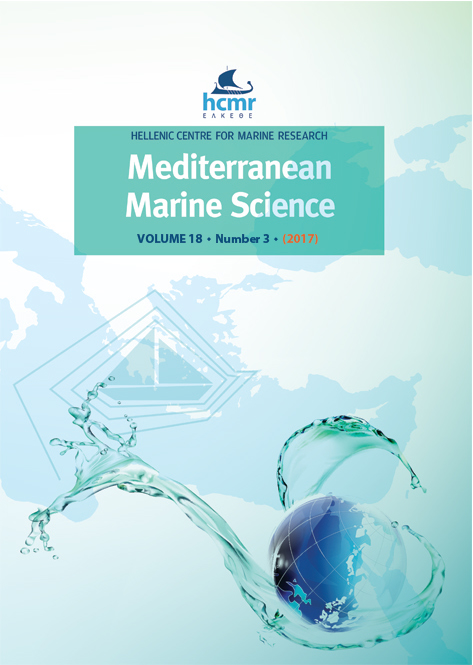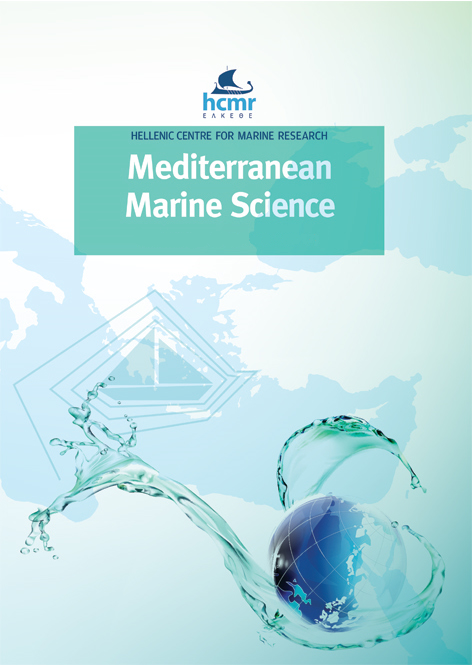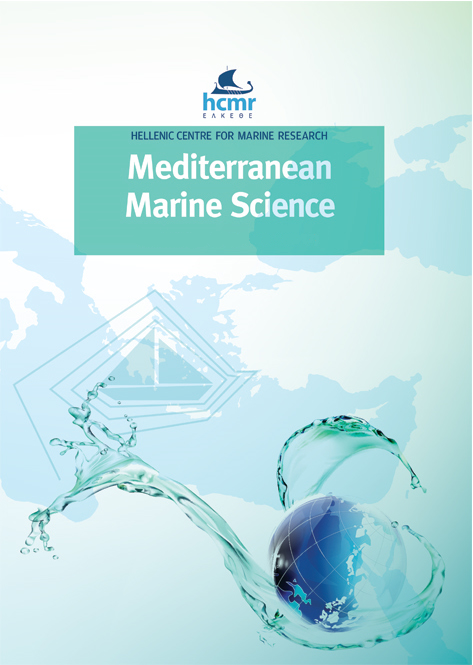Trace metal concentrations in the offshore surficial sediment of the Heraklio Gulf (Crete Island, East Mediterranean Sea)
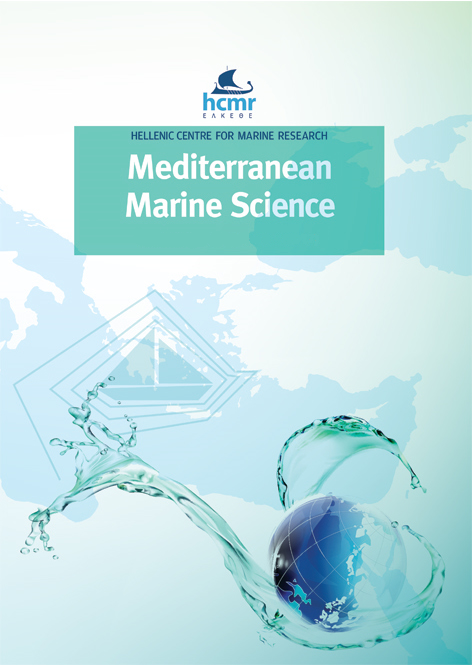
Abstract
The present study investigates the distribution of trace metals (Fe, Mn, Cr, Zn, Pb, Cu and Al), as indicators of pollution, in the surficial inner shelf sediments along the northern coast of Heraklio Gulf (Crete Island). Despite the fact that Heraklio Gulf is an industrialized urban area, hosting the third most important commercial harbour in Greece, the levels of trace metals in sediments are not exceedingly high. According to Sediment Quality Guidelines (SQG’s), the sediments are considered unpolluted with low probability of adverse effects to biota in the case of Cu, Zn and Pb, while moderately to heavily polluted only in the case of Cr. Moreover, Zn, Cu and Pb concentrations are lower than those measured in a previous study (1989). This improvement of environmental state in the study area is a response to more effective control of terrestrial pollution sources, following the enforcement of the Directive 91/271/EEC (as amended by Directive 98/15/EU) on urban wastewater treatment and disposal into Greek national legislation.
Article Details
- How to Cite
-
KOUKOUNARI, I. N., PARASKEVOPOULOU, V., KARDITSA, A., KOULOURI, P., POULOS, S., DOUNAS, C., & DASSENAKIS, M. (2020). Trace metal concentrations in the offshore surficial sediment of the Heraklio Gulf (Crete Island, East Mediterranean Sea). Mediterranean Marine Science, 21(1), 84–104. https://doi.org/10.12681/mms.20396
- Issue
- Vol. 21 No. 1 (2020)
- Section
- Research Article
Authors who publish with this journal agree to the following terms:
- Authors retain copyright and grant the journal right of first publication with the work simultaneously licensed under a Creative Commons Attribution Non-Commercial License that allows others to share the work with an acknowledgement of the work's authorship and initial publication in this journal.
- Authors are able to enter into separate, additional contractual arrangements for the non-exclusive distribution of the journal's published version of the work (e.g. post it to an institutional repository or publish it in a book), with an acknowledgement of its initial publication in this journal.
- Authors are permitted and encouraged to post their work online (preferably in institutional repositories or on their website) prior to and during the submission process, as it can lead to productive exchanges, as well as earlier and greater citation of published work (See The Effect of Open Access).





